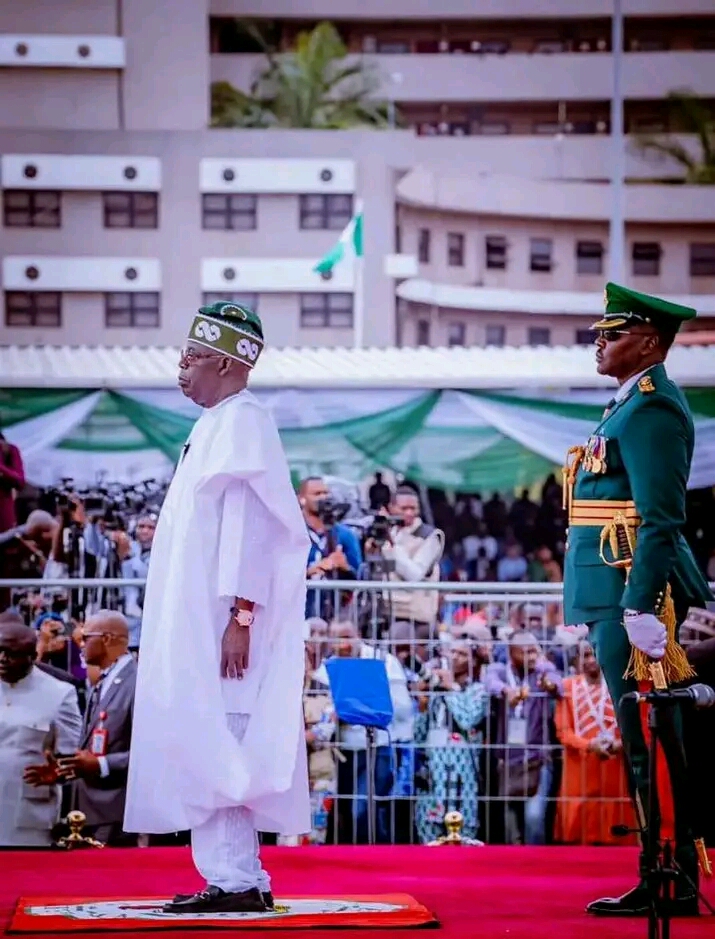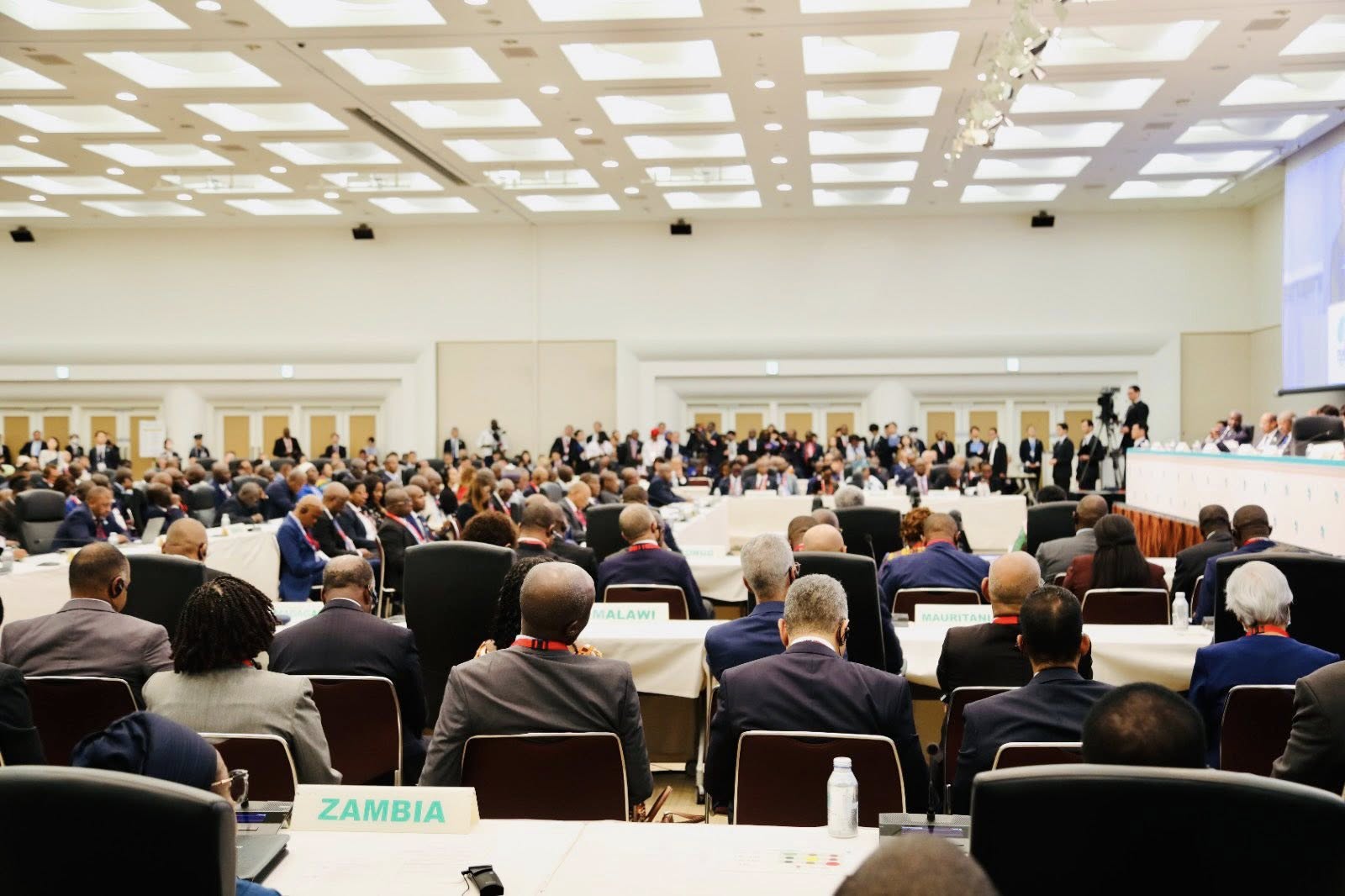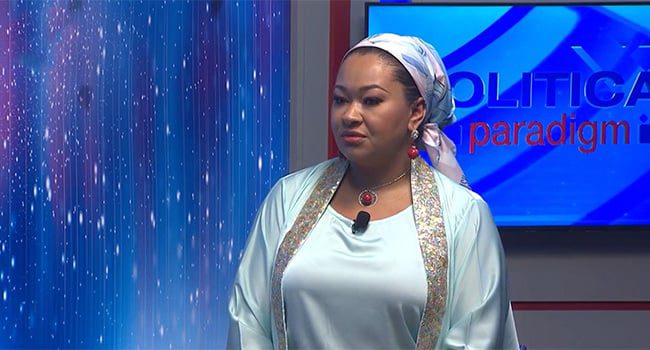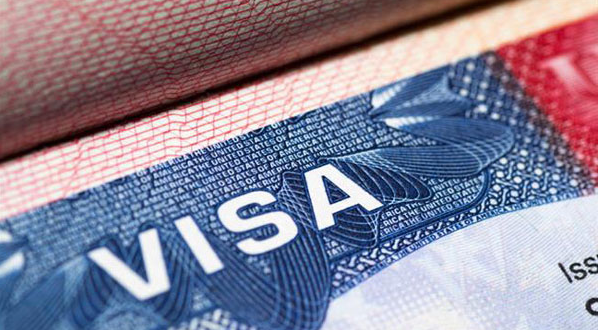
By: The Editor-in-Chief
Bola Tinubu, the newly sworn-in President of Nigeria, has inherited a plethora of challenges that have plagued the country for years. Despite the promises made by the ruling All Progressives Congress party under the previous administration of Muhammadu Buhari, Nigeria continues to grapple with issues such as insecurity, inflation, and oil theft.
The country is deeply divided along ethnic and religious lines, which has resulted in tension and conflict. The economy has been severely impacted, with rising inflation, corruption, and poor purchasing power affecting the people. Insecurity has also increased, with terrorism, armed banditry, and other crimes plaguing different regions. The education sector has seen repeated strikes by university teachers, despite promises of stability. The health sector also requires significant improvement, as both former president Muhammadu Buhari and current President Bola Tinubu have sought medical treatment abroad.
To address these issues, Tinubu has outlined a plan to build on infrastructure programs, reduce corporate tax, and eliminate fuel subsidies. He aims to attract investment, streamline foreign exchange rates, and use foreign borrowing for revenue-generating projects. Addressing insecurity is also a top priority for Tinubu, who portrays himself as a human rights advocate. However, critics question his commitment to accountability in cases of abuse.
The credibility of Nigeria’s democracy is also under scrutiny due to malfunctions, violence, and challenges to the election results. Tinubu’s victory in the election is being contested in court by his main rivals, highlighting the divided state of the nation.
As Nigeria’s new President, Tinubu faces a daunting task of addressing these challenges and restoring stability to the country. It remains to be seen whether his plans and policies will be effective in bringing about the much-needed change that Nigerians have been yearning for.



 ⬆️ EXPLAINER | Is Zambia’s Lungu Really Dead?
⬆️ EXPLAINER | Is Zambia’s Lungu Really Dead?  EDITORIAL: Nigeria’s Waters of Neglect
EDITORIAL: Nigeria’s Waters of Neglect  Chief Benjamin Ukachukwu Okorie’s Journey Ends Yet His Light Burns in the Heart of Generations
Chief Benjamin Ukachukwu Okorie’s Journey Ends Yet His Light Burns in the Heart of Generations  EDITORIAL: Turn Pledges into Plants, Not Just PowerPoints
EDITORIAL: Turn Pledges into Plants, Not Just PowerPoints  Where Work Speaks Louder Than Health: A Glimpse into Ladipo Market
Where Work Speaks Louder Than Health: A Glimpse into Ladipo Market  Still Waiting: Africa’s Unanswered Call for a Pope
Still Waiting: Africa’s Unanswered Call for a Pope  Women’s Groups Take Natasha Akpoti-Uduaghan Case to UN
Women’s Groups Take Natasha Akpoti-Uduaghan Case to UN  Algeria Stops Visa-Free Entry for French Diplomats
Algeria Stops Visa-Free Entry for French Diplomats  Civilians Killed in Fresh Attack on Mozambique Port Town
Civilians Killed in Fresh Attack on Mozambique Port Town  US Warns Nigerian Politicians Over Corruption, Issues Visa Ban Threat
US Warns Nigerian Politicians Over Corruption, Issues Visa Ban Threat